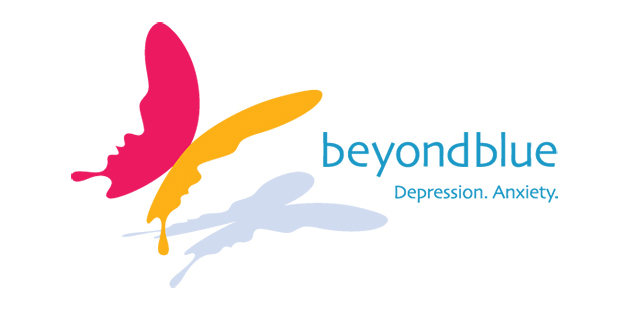 The beyondblue Board has issued the following statement in support of marriage equality:
The beyondblue Board has issued the following statement in support of marriage equality:
Discrimination in all its shapes and forms, intentional and unintentional, is unacceptable. Discrimination is the cause for many people of their stress, anxiety and depression. Tragically, it is too often fatal when people self-harm and die by suicide.
We, the Board members of beyondblue, who are professional and lay people, young and experienced, men and women, straight and gay, black and white, and who are bi-partisan in serving beyondblue, are working to reduce discrimination in our society.
We know the hurt, hardship and loss that such discrimination can cause. We direct a lot of our resources towards ending that hurt and loss.
Our country long ago recognised the incorrectness of discrimination when it introduced the:
• Racial Discrimination Act in 1975
• Sex Discrimination Act in 1984
• Disability Discrimination Act in 1992, and the
• Age Discrimination Act in 2004.
Discrimination is often based on colour, race, religion, size, looks, sexuality and any one of any other factors. On sexuality, homosexuality used to be a crime; it is no longer. Yet marriage between same sex couples is still not permitted in Australia.
For heterosexual Australians, entering into marriage is a choice they can make freely based on the love and commitment the individuals have for each other.
However, individuals who share the same love and commitment, but are of the same gender, are not allowed to commit to each other through marriage. This is discrimination in the most obvious form.
For those who love, but are not allowed to marry, their sense of loss, hurt, stigma and discrimination is profound.
beyondblue is committed to being an advocate for non-discriminating communities, systems, policies and institutions, because we know discrimination is a significant risk factor for mental health conditions and suicide. Therefore same sex marriage is not a political issue but one of equity; every Australian should have the same rights under law, including the same rights to make the choice to marry or not. The continuation of the current law reinforces that inequity, stigma and discrimination are in direct conflict to the laws and intent of the anti-discrimination Acts we have listed above.
Many members of Australia’s LGBTI community would like to marry in their own country. Many parents, children, relations and friends would like to witness the union of two people in their own country. Allowing same sex marriages will not make any difference to the lives of the majority, including married heterosexuals, but it will make a great deal of difference to those who seek same sex unions.
No law-abiding Australian citizen should be made to feel like a second-class Australian. Yet that is what the current law clearly does.
Most LGBTI people lead happy, healthy, fulfilling lives. However, LGBTI people have an increased risk of depression and anxiety, substance abuse, self-harming and suicidal thoughts, and take their own lives at much higher rates than heterosexual people. This is not because of sexuality or gender identity. LGBTI people, just like any Australian, face the same risk factors for mental illness and suicide. What is different is the violence, prejudice and discrimination they face, simply for being who they are. This adds an additional and unacceptable layer of risk.
For more information, visit: www.beyondblue.org.au for details.
Image: courtesy of beyondblue
